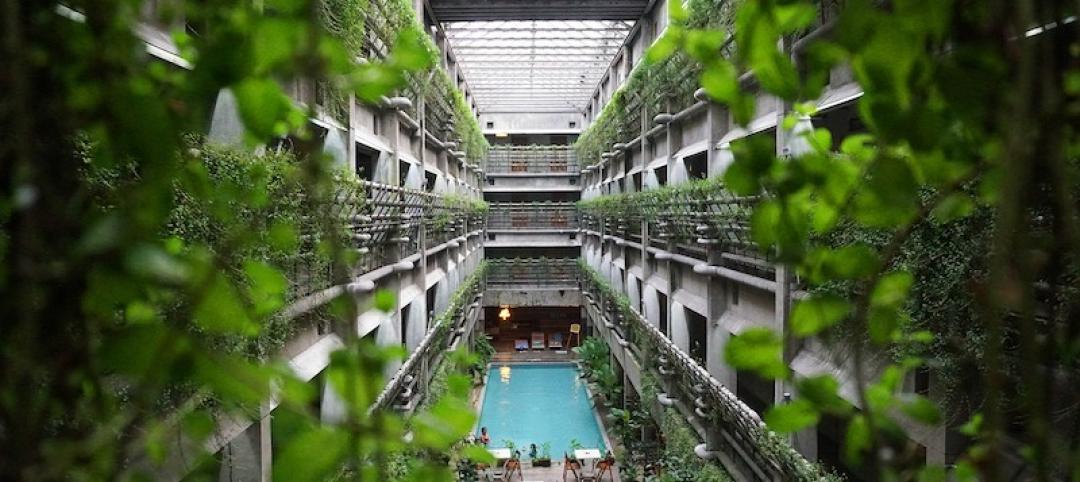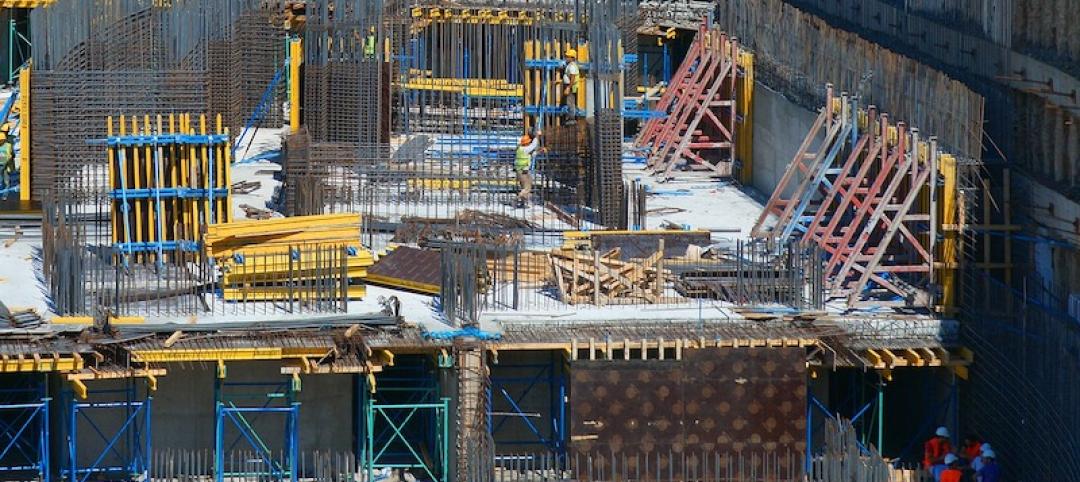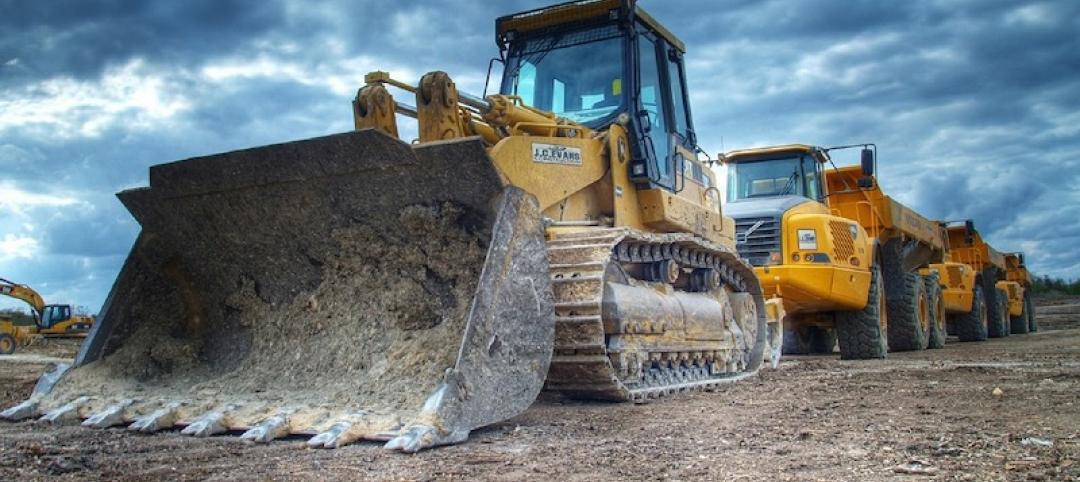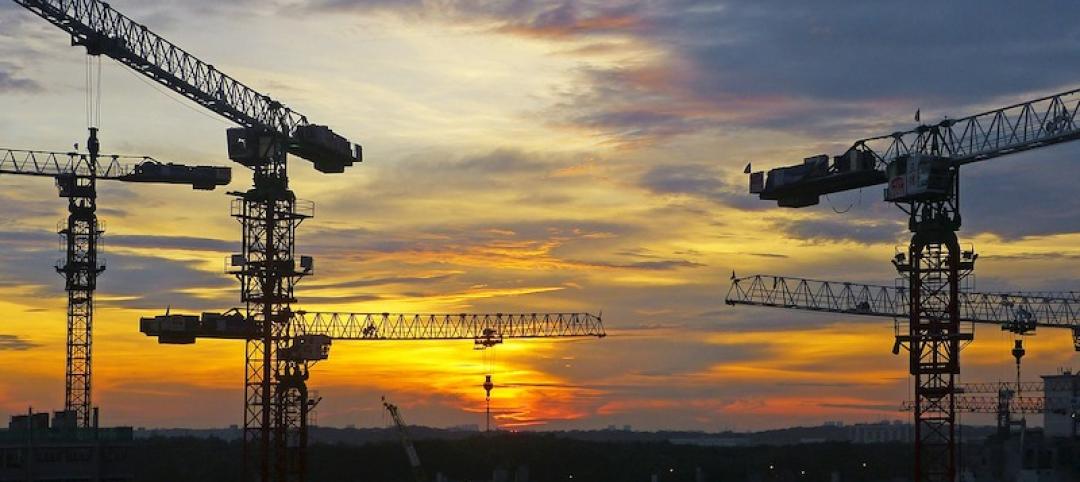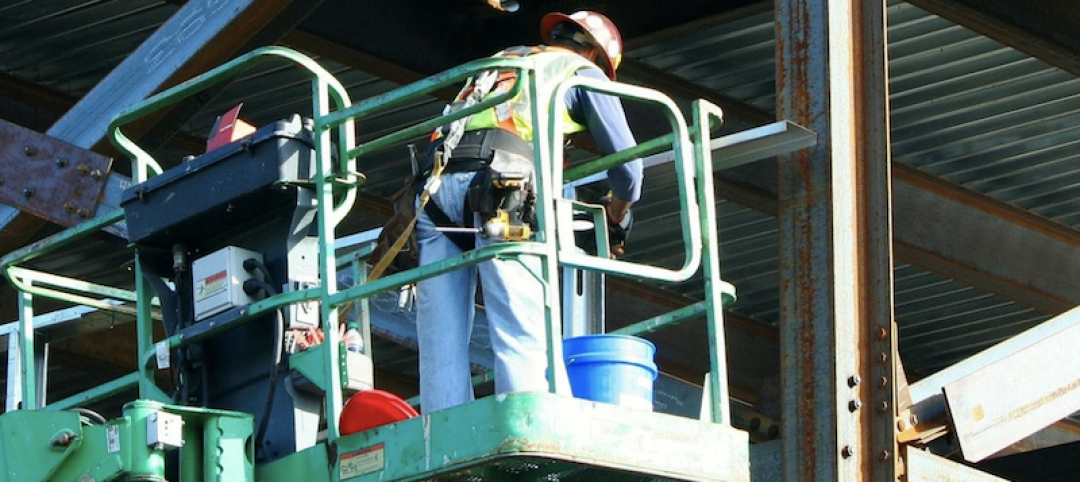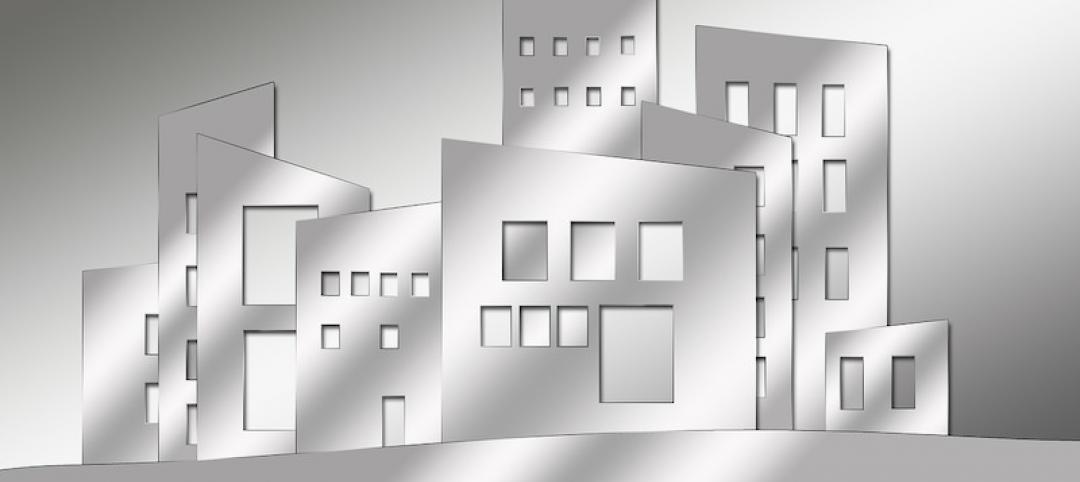Commercial construction spending in the second quarter of 2017 increased 13% from the same period last year and office construction rose 11%, according to the latest Marcum Commercial Construction Index. However, these bright spots contrast with a decline of 3.1% in overall nonresidential construction spending in June year-over-year and a monthly drop of 2.0% from May 2017. The index is produced by the Construction Services Group of Marcum LLP, a national accounting and advisory firm.
Anirban Basu, the report’s author, attributes the relative strength of the commercial and office subsectors to the ecommerce boom. He also notes that June spending in communication construction increased 4.9% year-over-year and 2.8% from May 2017. The only other subsector to record a gain was health care, with a 2.8% annualized improvement, although monthly results in the sector declined 0.2% in June.
“With interest rates remaining near rock-bottom levels, investors have been chased up the risk spectrum, including into commercial real estate. That has helped to raise property values and prompt new construction. These dynamics have also helped lift industry backlog and supported reasonably solid profit margins,” Mr. Basu wrote.
Spending in all 12 of the remaining nonresidential construction subsectors retreated on both an annualized and monthly basis. The largest declines came in public sector spending, including conservation and development (-20.6% and -7.3%, respectively), sewage and waste disposal (-16.8% and -2.4%), and water supply (-16.4% and -3.7%).
“The infrastructure boom we have been waiting for has not arrived as of yet. Business attitudes and the business environment and confidence remain high for the moment. Backlogs in the private sector are healthy. Investment is robust. It’s my hope that we can turn some of this momentum towards infrastructure, sooner rather than later,” said Joseph Natarelli, national leader of Marcum’s Construction Services Group and an office managing partner in New Haven, Connecticut.
Current economic trends in the construction industry will be discussed in depth at the upcoming annual Marcum Construction Summits in Ft. Lauderdale, Fla., on September 7; New Haven, Conn., on September 27; and New York City on October 23.
For the complete Marcum Commercial Construction Index, visit www.marcumllp.com.
Related Stories
Market Data | Jun 16, 2021
Construction input prices rise 4.6% in May; softwood lumber prices up 154% from a year ago
Construction input prices are 24.3% higher than a year ago, while nonresidential construction input prices increased 23.9% over that span.
Market Data | Jun 16, 2021
Producer prices for construction materials and services jump 24% over 12 months
The 24.3% increase in prices for materials used in construction from May 2020 to last month was nearly twice as great as in any previous year
Market Data | Jun 15, 2021
ABC’s Construction Backlog inches higher in May
Materials and labor shortages suppress contractor confidence.
Market Data | Jun 11, 2021
The countries with the most green buildings
As the country that set up the LEED initiative, the US is a natural leader in constructing green buildings.
Market Data | Jun 7, 2021
Construction employment slips by 20,000 in May
Seasonally adjusted construction employment in May totaled 7,423,000.
Market Data | Jun 2, 2021
Construction employment in April lags pre-covid February 2020 level in 107 metro areas
Houston-The Woodlands-Sugar Land and Odessa, Texas have worst 14-month construction job losses.
Market Data | Jun 1, 2021
Nonresidential construction spending decreases 0.5% in April
Spending was down on a monthly basis in nine of 16 nonresidential subcategories.
Market Data | Jun 1, 2021
Nonresidential construction outlays drop in April to two-year low
Public and private work declines amid supply-chain woes, soaring costs.
Market Data | May 24, 2021
Construction employment in April remains below pre-pandemic peak in 36 states and D.C.
Texas and Louisiana have worst job losses since February 2020, while Utah and Idaho are the top gainers.
Market Data | May 19, 2021
Design activity strongly increases
Demand signals construction is recovering.





